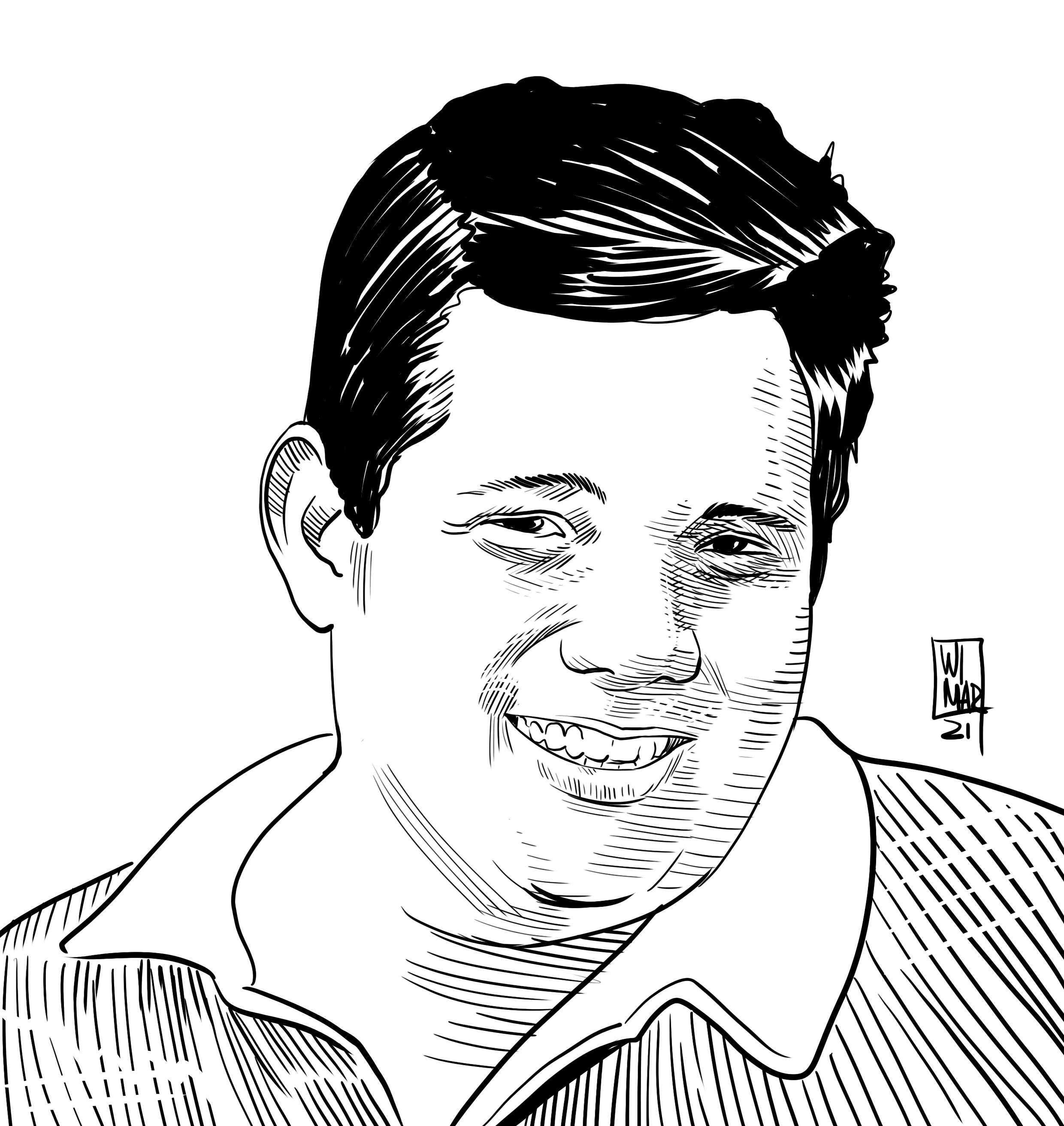“Man, it’s like a movie,” el Chino tells me, resting his elbow on the fence that separates his house from mine. He smiles slightly which is supposed to be a proper smile, after a long, hard day working in the tobacco fields. However, his face grows more serious when he immediately follows it up with: “Well, a movie, but a real one.”
The fact that reality here in Cuba exceeds fiction is already too familiar. This time, it looks to me like reality has gone a little too far. If it was a matter of just overcoming reality, we wouldn’t have to be in such a tight fix.
The “temporary” crisis, which had already infected our country without a vaccine, has now been joined by this “thing”, with the ID of SARS-CoV-2. It reminds me of Biology teachers at junior high and pre-university, on more than one occasion. Bugs like this don’t have a cell, not a single cell, in common with other microscopic bacteria, and it’s been wiping out the most complex organism on the planet, with its millions of cells in tissue, organs, organ systems… for months now.
“It’s nuts, Chino,” I reply, out of habit almost, and then we begin to make a quick inventory of the deaths that day, the countries that are in a more critical state, gossip about some “potentially infected” neighbor because they received or visited foreign relatives and what’s come into the bodega store “on the rations booklet”.
“The hygiene products are in,” Marta, his wife, shouts to me from behind a shutter. She adds that it includes hand and bath soap, candy for families with children, toothpaste and liquid detergent. However, they didn’t come with the clothes detergent. They say it’s in shortage and will come the next time round.
Every time I’ve had to go to Pinar del Rio city in recent days – Montequin, my neighborhood, is in the outskirts, dusty and lively – I’ve seen a city that is a lot more deserted than it normally is, just with lines here and there, like months ago. “They’re selling detergent here.” “They’re selling croquettes there.” “Hurry, they’ve got toilet paper further on.”
At La Linea Market, the largest of its kind in the city, I recently got stuck in a commotion (albeit a well-spaced commotion) to buy sardines in brine. For 10 pesos per kilo. With 6 or 7 people still ahead of me, the policeman guarding the door to the store announced that they had run out.
Minutes before, a tall and stooped over man had left the disorderly line and stood some meters away. He lowered his mask and lit a cigarette. Another policeman called out to him, told him off and took him away, ID card in hand, to fine him I guess. “Extremist,” muttered the woman ahead of me. Others made gestures of approval and added more wood to the fire. The majority continued completely unfazed, their eyes fixed on the small tins of fish and their minds elsewhere.
It’s been some days now since only seated passengers are allowed on city buses and, in exceptional cases, some healthcare professionals, who don’t have to line up and could walk. They all have to wear masks and wash their hands with disinfectant which the driver hands out at the bus door. But there aren’t even city buses on the road anymore. People are using bikes, horses, employee transport and car owners use their wheels.
When chicken makes its rare appearance at the foreign currency store (TRD) in the town, it is sold by taking a ticket and making a note in the ration’s booklet. So that the people buying today won’t be able to buy it in 15 days… Police officers join the local People’s Power representative in this organizational task, as well as some locals with “cadre” skills.
“But people aren’t very afraid,” Chino points out. And he’s right. You can still see people go out without a mask, in my neighborhood at least, or visiting others and meeting to chat thinking that the war is still far away. However, ever since March 31st, the Camilo Cienfuegos community, in Consolacion del Sur, just 25 km away from here, entered a lockdown because it was an epicenter of local transmission. And if it isn’t contained, who knows whether the entire province will go into lockdown sometime soon.
The 11:00 a.m. show, with the friendly and serious face of Dr. Francisco Duran explaining yesterday’s news about the pandemic, has become our daily mass. People listen to the scientific “sermon” with great attention; saying “amen” to themselves and then go on to carry on sinning, sadly. Some out of necessity, others out of foolishness. But it’s still a sin at the end of the day, for those who won’t be cured with prayers or healing holy water.

I tell Chino that I called a doctor yesterday, who was working in the town under lockdown, for an interview. When I told him “independent press”, the first thing he said was “I have to check with my bosses.” And hours later, in a friendly message: “I wasn’t given authorization.” “Thanks, take care of yourself. We admire you,” I finally responded.
“And why did that happen?” my neighbor asked. But the answer to that question is too long and exhausting. I make some kind of joke, almost as a farewell. There are diseases that we will have to fix, at some point, for the wellbeing of our country and people, once this pandemic is over. Our life is passing away with it, the genius Aute would say, who isn’t at the dawn of time anymore.
Meanwhile, I remembered another good friend of mine who had a nervous breakdown some months ago. He couldn’t sleep because he was obsessed and worried about his family, his children, not being healthy to be able to work and taking care of them.
Aside from the pills the psychiatrist gave him, he was also given a pretty unorthodox diagnosis, which was on the mark: “Man, what you have is too much future. You’re worried too much about what is going to happen. And you’re living in the present. Focus on the present.” As well as taking the pills, my friend followed the prescription with a monk’s discipline, and it’s worked wonders for him. Ever since he told me this, whenever we see each other and vent our mutual burdens, one of us quickly says that doctor’s fundamental truth.
“Don’t worry too much about the future,” we say. And without a cure, we have to laugh.
This article was translated to English from the original in Spanish.







